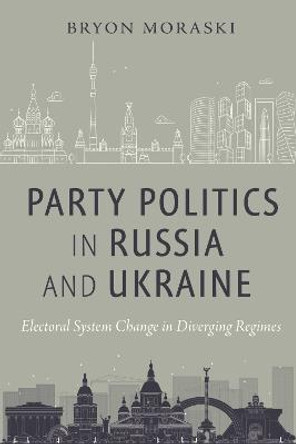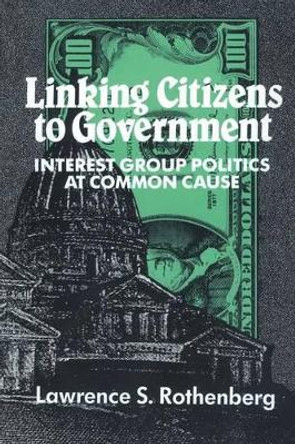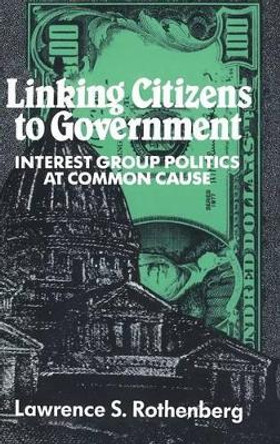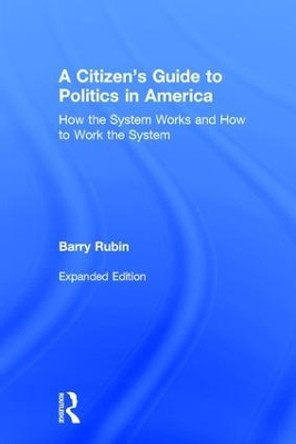Description
About the Author
Lawrence Ezrow is a Lecturer in European Politics in the Department of Government at the University of Essex. His research is on comparative political representation, Western European politics, elections, political parties, voting, party strategies, political institutions, and quantitative methodologies. His articles have appeared in the American Journal of Political Science, British Journal of Political Science, European Journal of Political Research, and Journal of Politics.
Reviews
This very important book reports state-of-the-art research that bridges the study of institutions, political representation, and parties' election strategies. Lawrence Ezrow employs theoretical arguments and empirical analyses of data from more than a dozen European democracies, to demonstrate that political parties respond in unexpected ways to voters' policy preferences; that party policy positioning exerts unexpected effects on election outcomes; and, that the conventional wisdom on how electoral laws affect parties' policy positioning incentives requires revision. Linking Citizens and Parties is a wide-ranging, theoretically-innovative book that marks a major advance in the study of mass-elite policy linkages in Europe. * James Adams, Professor of Political Science, University of California, Davis *
In political science, the nearest thing to general theorems are the famous Downsian median voter theorem and the "chaos" theorem of social choice. There is also the Duverger argument that proportional electoral systems give many parties, and "first past the post" give two, as in the US. We don't, as yet, know if these "theorems" really show us how politics works. Lawrence Ezrow's new book, Linking Citizens and Parties, is a careful empirical and theoretical analysis of how electoral systems do work in translating voter preferences in political reality. * Norman Schofield, Taussig Distinguished Professor of Political Economy, Washington University in St.Louis *
We have long known that proportional representation schemes generate more political parties than do plurality systems. And we have long suspected that the character of representation in them is different as well. What is new in this provocative book is that Ezrow demonstrates that it is the type of parties, not the number, that matters for representation outcomes. Ezrow argues that niche parties, non-centrist groupings that stand for the views of small but coherent segments of the population, are uniquely the product of proportional systems and they are the reason that quirky minorities, from Communists on the left to nationalists on the right, find voice in proportional systems, but not in plurality systems. * James A. Stimson, Professor of Political Science, University of North Carolina, Chapel Hill *
Book Information
ISBN 9780199572526
Author Lawrence Ezrow
Format Hardback
Page Count 202
Imprint Oxford University Press
Publisher Oxford University Press
Weight(grams) 456g
Dimensions(mm) 240mm * 162mm * 19mm









